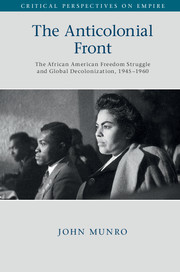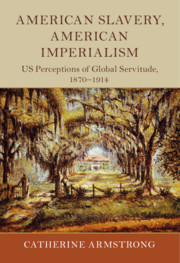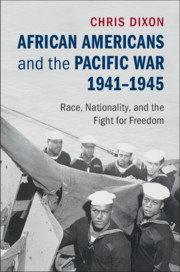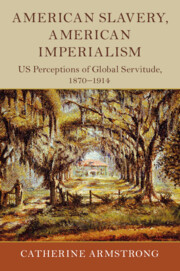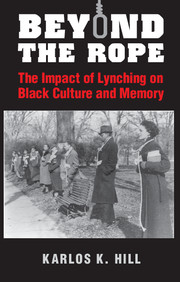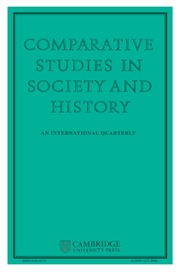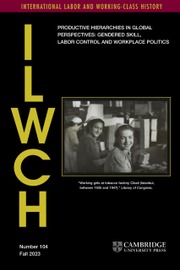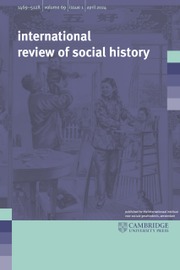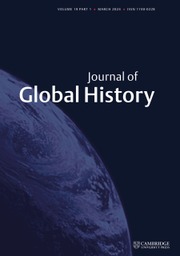The Anticolonial Front
This is a transnational history of the activist and intellectual network that connected the Black freedom struggle in the United States to liberation movements across the globe in the aftermath of World War II. John Munro charts the emergence of an anticolonial front within the postwar Black liberation movement comprising organisations such as the National Association for the Advancement of Colored People, the Council on African Affairs and the American Society for African Culture and leading figures such as W. E. B. Du Bois, Claudia Jones, Alphaeus Hunton, George Padmore, Richard Wright, Esther Cooper Jackson, Jack O'Dell and C. L. R. James. Drawing on a diverse array of personal papers, organisational records, novels, newspapers and scholarly literatures, the book follows the fortunes of this political formation, recasting the Cold War in light of decolonisation and racial capitalism and the postwar history of the United States in light of global developments.
- Engages in scholarly literature of diplomatic history and American studies
- Proposes a new interpretation of the interaction between the post-war African American freedom struggle and decolonisation
- This book makes arguments, but pays attention to narrative
Reviews & endorsements
Advance praise: 'Munro portrays legendary anti-colonialists in an African-American political geography. By interrogating a gestalt of the Cold War, anti-fascism, and the long Civil Rights Movement, he posits a broad and worldly framework for understanding later twentieth-century American radicalism and racial-political culture, challenging parochialisms while revivifying leading actors and their powerful imaginaries.' Susan Dabney Pennybacker, University of North Carolina, Chapel Hill
Advance praise: 'This exhaustively researched and insightful monograph shows how anti-colonial commitment constituted the horizons of African-American politics and intellectual life in the era between WWII and the civil rights upsurge of the 1960s. Illustrating the centrality of decolonization to the early Cold War period as a whole, John Munro demonstrates how African-American freedom struggles developed in conjunction with anti-colonial struggles around the world, advancing unprecedented, if now frequently forgotten, visions of political solidarity, diasporic affiliation, and intellectual collaboration across boundaries of nation and empire.' Nikhil Pal Singh, New York University
Advance praise: 'John Munro provides a detailed study of how decolonization remained a persistent goal within the American Left in spite of pressures from totalitarianism and imperialist orthodoxy in the 1930s to an emergent neoliberalism in the present day.' Brenda Gayle Plummer, University of Wisconsin, Madison
Product details
October 2017Hardback
9781107188051
354 pages
235 × 156 × 20 mm
0.67kg
18 b/w illus.
Available
Table of Contents
- Introduction
- 1. Popular front, anticolonial front and United States empire from World War to Cold War
- 2. Present at the continuation: Manchester and the postwar resumption of anticolonial politics
- 3. The youth and the unions
- 4. Three Cold War texts and a critique of imperialism: the anticolonial front in print
- 5. Resilient resistance: the uneven impact of anticomminism
- 6. Back to the international arena: Bandung and Paris
- 7. Independence: the first stage of neocolonialism
- 8. Toward the sixties
- Epilogue: the tragedy of imperial neoliberalism.

